Look (and Learn) Before You Lease: Hunting Lease Do’s and Don’ts for Landowners
Landowners who plan to offer hunting leases on their regenerative ranch should take steps to ensure that all parties — lessors and lessees — are protected.
Hunting leases provide ranchers with additional income. But, with that extra income comes added risk, legalities and liability. Sadly, when problems occur, after the fact is too late to ensure your ranch is properly protected.
Before opening your land for hunters, take these steps to set up a proper hunting lease to protect all parties involved — you as the landowner/lessor and the lessee and guests (if allowed).
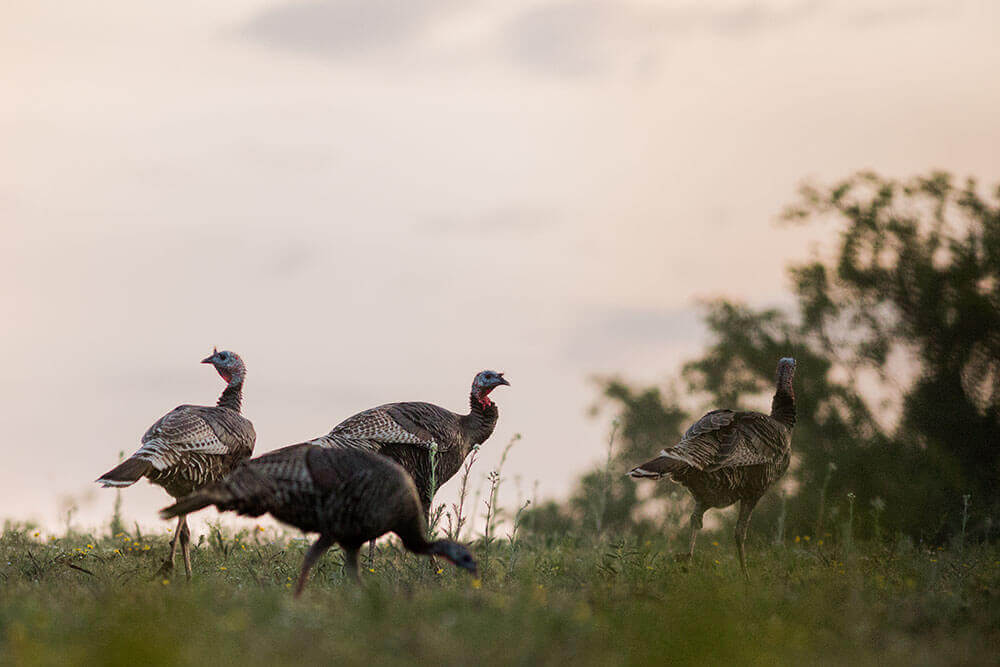
Write it down
When it comes to hunting leases, the first and perhaps most important tip is to simply put the agreement in writing, according to Tiffany Dowell Lashmet, an agricultural law specialist for Texas AgriLife Extension.
Written leases make the agreement legally enforceable and help hold either party accountable for any breach of contract.
The latter is why Lashmet doesn’t recommend form leases haphazardly printed from an online website. Hunting leases need to be customized to each ranch’s individual needs.
Lashmet suggests including the following parameters within the hunting lease:
- Where the lessee can hunt
- What the lessee can hunt
- When they can hunt, and for what duration (a day, season, year or longer)
- If/when any hunting tools, such as duck blinds or deer stands, can be set out and retrieved
- Any necessary rules regarding open flames on the land — smoking, cooking or campfires
- Proper gate protocol, such as “close all gates” or “leave the gate as you found it”
- A set value for livestock on the ranch, in case a production animal is accidentally injured or killed at the fault of the hunter, and agreement that decided upon value will be the damage amount in this situation
- Rules regarding the number of people who can enter the property and if they need prior or written approval to do so.
While this list covers many essential facets of hunting leases, it is not all-inclusive. Lashmet suggests landowners sit down with potential hunters to discuss both parties’ needs and agree to the lease terms.
“Hunting leases just let you get on the same page,” she stresses. “Both parties agree on what can be done and how to handle situations that arise.”
Lease writing doesn’t require any magic words or legal language; it can be written in laymen’s terms. A lease must identify both parties, the length of the agreement and the terms both parties agreed upon to be legal and valid.
Although written leases don’t require legal language, an experienced agricultural attorney can draft a custom lease document for individual landowners, which can be used as a form year after year to ensure their needs are met, and their land is protected.
“If you’re going to have a lot of hunters or it’s kind of a business enterprise, I think it’s a good idea to use a lawyer to draft those leases,” Lashmet says.
As she says, a written lease is simply an agreement, and it is much easier for all parties to agree by chatting over coffee in advance (and signing a lease) than yelling after an accident.
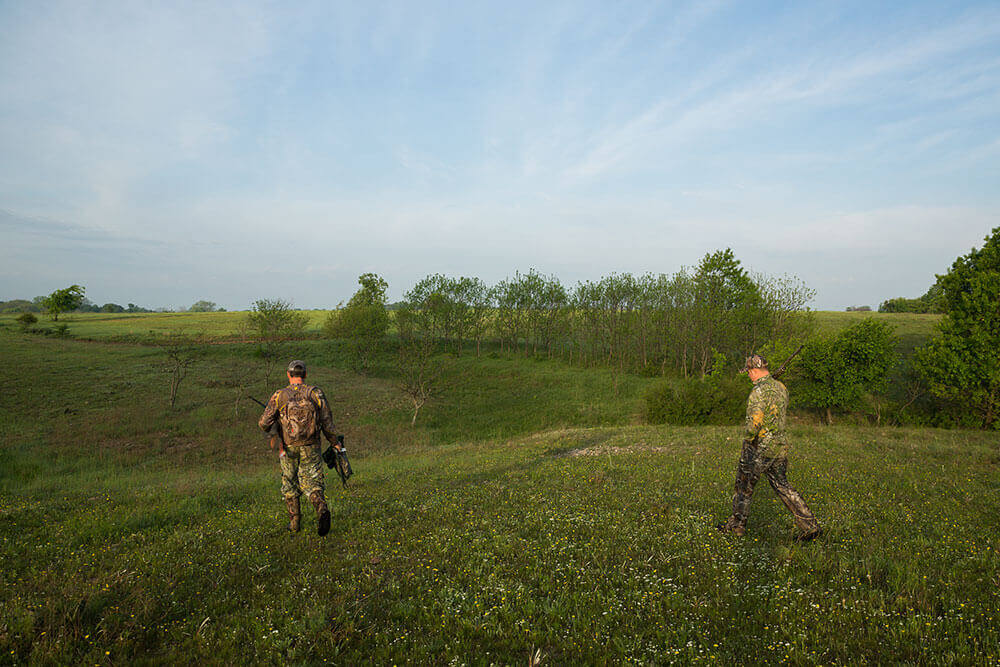
Look into liability
Hunting leases certainly add to ranch revenue, but they can also open the ranching operation to added liability. Lashmet encourages landowners to take these three steps to ensure their ranch is protected.
1. Double-check that your property’s liability insurance covers hunters.
Some farm and ranch policies exclude paying hunters, so additional insurance must be purchased to cover hunting-land lessees.
“Liability insurance is the best protection you can have,” Lashmet says. “Everybody needs to have it from a liability perspective. That’s probably the most important thing you can do.”
2. Be familiar with your state’s rural land-use statutes and any legislative legal protections for rural landowners and agritourism.
“Every state is different,” Lashmet says of state landowner protections. “The scope of them is different; their requirements are different. But you want to look at those [protections] and make sure you understand how they operate and what you have to do to qualify for those protections.”
3. Use liability waivers or a legal document where the signing party acknowledges the risks associated with an activity and shifts legal responsibility to the signer.
Unlike leases, which can be written in laymen’s terms, liability waivers need to be in precise legal language and are best drafted by an attorney.
“This is where there can be some ‘magic language’ that may have to be used and written exactly right for these waivers to be enforceable,” Lashmet says. “So again, this is a place where I recommend finding an attorney in your jurisdiction to draft up a good liability waiver.”
Additionally, every person who enters the property (if guests are allowed) should sign a waiver, not just the lessee.
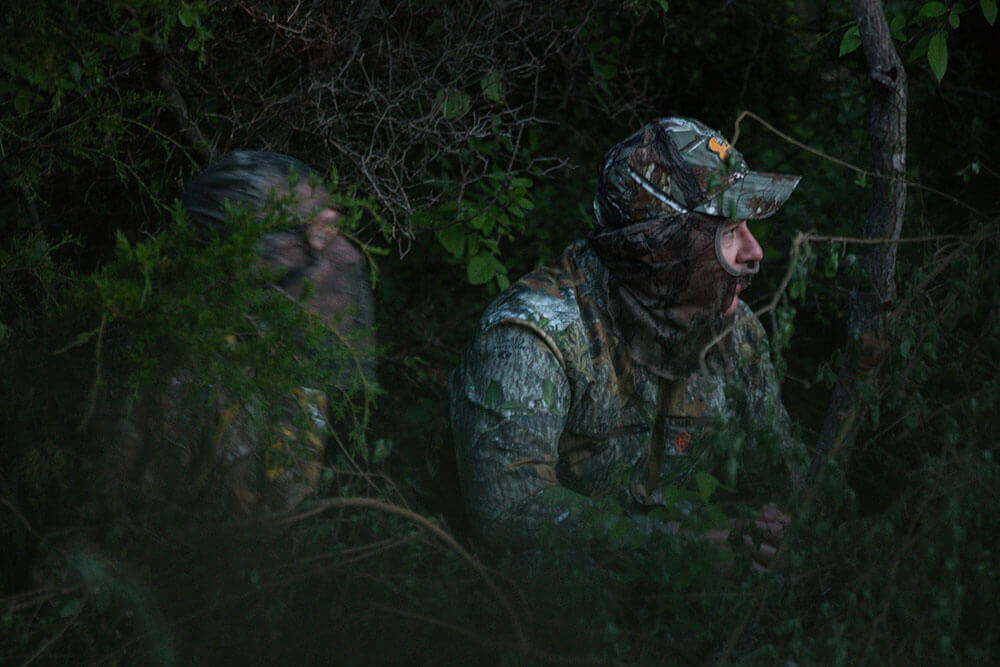
Check state laws and licensing
In Texas, where Lashmet practices law, landowners must apply for a hunting-lease license before leasing their land for hunting for profit. Without these licenses, Texas ranchers can face legal consequences in the form of a misdemeanor or fine.
While such laws differ from state to state, check with your state’s agency governing game, hunting and fishing to ensure your ranch has the proper license or licenses (if required) before leasing your land to hunters.
Manage for Wildlife
Landowners seeking to add a revenue stream to their ranch through hunting leases need to manage more than just the livestock on their land. Wildlife management needs to be top of mind for any rancher offering leases.
Of course, wildlife management means making decisions that provide the best habitat for chosen game animals, but it can also mean setting harvest parameters. Lashmet notes such management philosophies will vary based on target species. For example, a hunting lease for feral hogs will have much different harvest parameters than a lease for hunting deer.
She suggests thinking about what animals you want to be harvested. If a landowner would like hunters to harvest only bucks with antlers that score more than 130 gross Boone and Crockett, for instance, such additional stipulations must be outlined in the hunting lease.
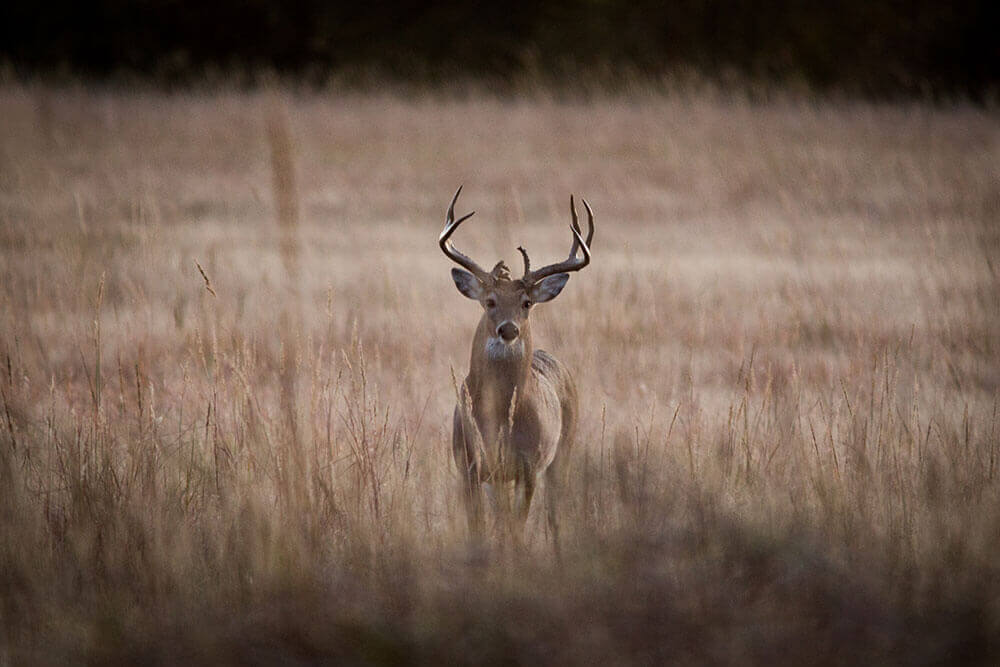
Lastly, and most importantly, any such harvest parameters set by a landowner must be in addition to, and not in contradiction with, any state-wide hunting rules and regulations.
“The biggest takeaway, whether we’re talking about the lease itself, the liability waivers or making sure that you have the right insurance, is that you want to make sure that all of this is in order (and in writing) before there’s a problem,” Lashmet says.
“There are so many things you can do ahead of time to protect yourself, try to avoid issues and be prepared if something happens. But once something goes wrong, it’s very difficult to go back and fix it at that point. Being proactive will benefit you in the event that something happens.”

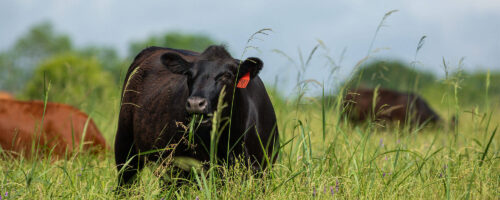

Comment